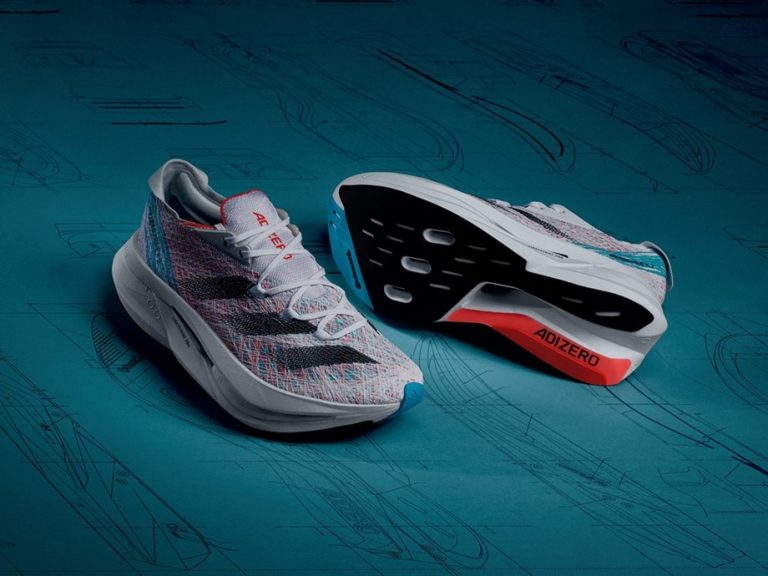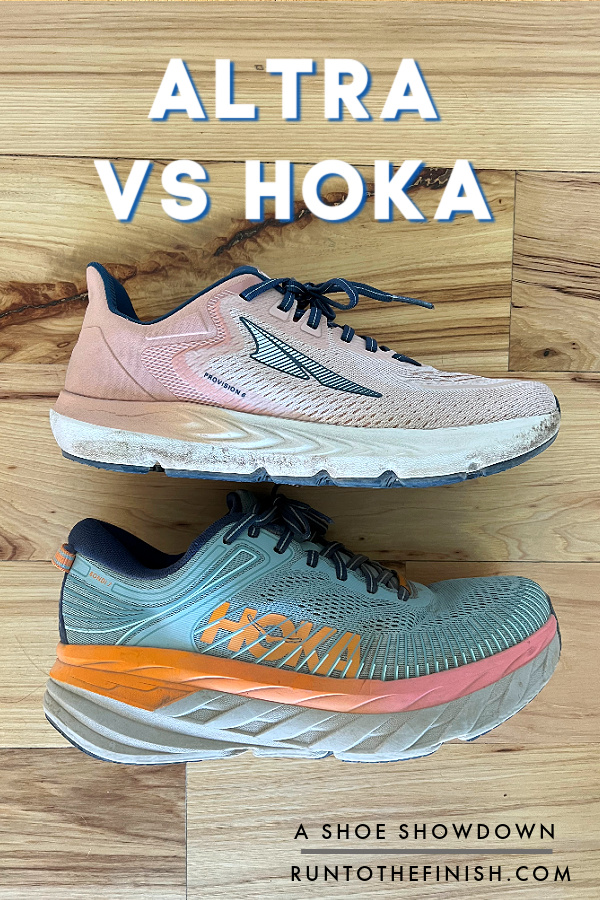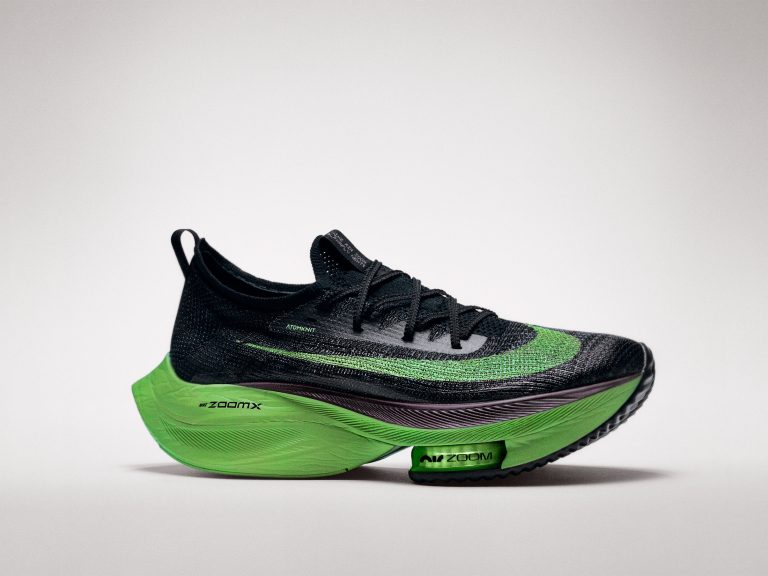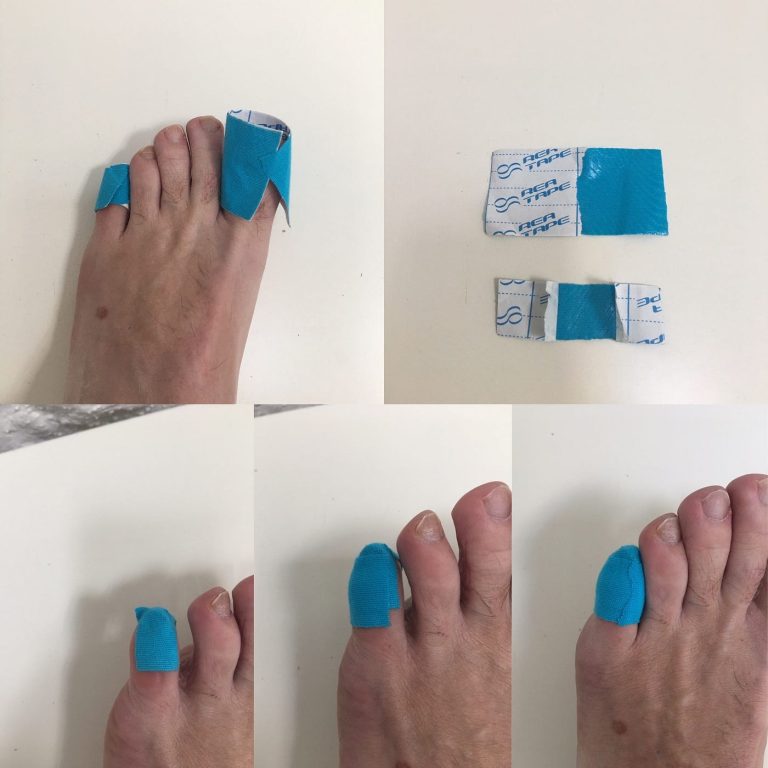Is It Bad to Run a Marathon in New Shoes?
Running a marathon in new shoes can be detrimental to your performance and increase the risk of injuries. Running a marathon is a significant physical challenge that requires careful preparation, including choosing the right pair of shoes.
While it may be tempting to break in a new pair for the big race, it is generally not recommended. Running long distances in new shoes can lead to discomfort, blisters, and potential injuries. It takes time for the shoes to mold to your feet and for your feet to adapt to the shoes.
It’s important to give yourself ample time to wear in a pair of shoes before attempting a marathon. We will explore the reasons why running a marathon in new shoes can be detrimental and provide tips for choosing and breaking in the right pair.

Credit: www.nytimes.com
Potential Risks Of Running A Marathon In New Shoes
Running a marathon in new shoes can have potential risks. One of the most common problems is foot blisters and hotspots. When the shoes are not properly broken in, the friction caused by constant rubbing against the skin can lead to painful blisters and hotspots. This can greatly affect your running performance and overall experience during the marathon. Additionally, running long distances in new shoes can also increase your risk of injury. Ill-fitting shoes can result in undue stress on certain areas of your feet, leading to conditions such as plantar fasciitis or shin splints. It’s important to prioritize the comfort and fit of your running shoes before attempting a marathon. Make sure to gradually break in your shoes before the race to avoid these potential issues and ensure a smooth and enjoyable running experience.
Benefits Of Running A Marathon In New Shoes
Running a marathon is a significant physical challenge that requires proper support and alignment. One of the benefits of running a marathon in new shoes is the enhanced support they provide. New shoes offer improved cushioning and stability, reducing the risk of injuries caused by inadequate foot support.
Moreover, new shoes ensure proper alignment of the feet, ankles, and legs. This helps maintain a correct running form and avoid overpronation or underpronation. Proper alignment can prevent excessive stress on the joints and muscles, reducing the likelihood of pain or discomfort during or after the marathon.
In addition to support and alignment, running in new shoes can also lead to improved performance. Fresh shoes with excellent traction and grip can enhance speed and efficiency, allowing runners to achieve better times and reach their goals.
Overall, it is beneficial to run a marathon in new shoes to ensure proper support, alignment, and improved performance. Investing in a pair of new shoes specifically designed for running can greatly contribute to a successful and enjoyable marathon experience.
Preparing New Shoes For A Marathon
Gradually break in new shoes by wearing them for short runs.
Test the shoes on longer runs to ensure they are comfortable.

Credit: www.wired.com
Factors To Consider Before Running A Marathon In New Shoes
Before running a marathon in new shoes, it is crucial to consider the fit and comfort level. Make sure the shoes are snug but not too tight, allowing room for natural foot swelling. Additionally, the type of terrain and weather conditions should also be taken into account. Running on trails requires shoes with good traction, while running in hot weather may require shoes with breathable mesh.
Expert Advice On Shoe Selection For Marathons
It’s important to carefully consider your footwear when preparing for a marathon. Consulting with a podiatrist or running specialist can provide valuable insights into the best shoe option for your individual needs. Additionally, choosing the right shoe for your running style is crucial to prevent discomfort and injury. It is not necessarily bad to run a marathon in new shoes, but it’s important to ensure they are properly broken in beforehand.

Credit: www.nytimes.com
The Impact Of New Shoe Technology On Marathon Running
New shoe technology can impact marathon running significantly. Innovations in cushioning and support cater to individual needs, enhancing performance and reducing injury risks.
Frequently Asked Questions For Is It Bad To Run A Marathon In New Shoes?
Is It Bad To Do A Long Run In New Shoes?
It’s not ideal to do a long run in new shoes as they may not be broken in properly. This can lead to discomfort and potential injury. It’s recommended to wear new shoes for shorter runs initially to allow them to mold to your feet before attempting a longer distance.
How Long Do You Have To Break In New Shoes Before A Marathon?
Break in new shoes for a marathon by wearing them gradually during training runs. Start with shorter distances and gradually increase the mileage over a few weeks. This allows your feet to adjust to the shoes and helps prevent discomfort and blisters during the marathon.
Can You Run A Marathon In Any Shoe?
You can run a marathon in any shoe, but it’s best to wear running shoes for support and comfort.
Conclusion
Considering the potential risks and benefits of running a marathon in new shoes, it’s crucial to find a balance. Gradually breaking in new shoes can prevent discomfort and injury. Listen to your body and choose wisely for a successful and enjoyable running experience.
Your feet will thank you!






